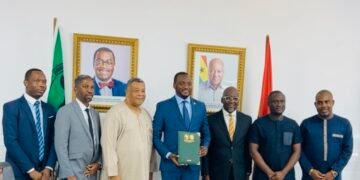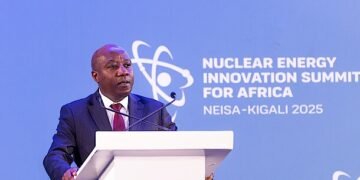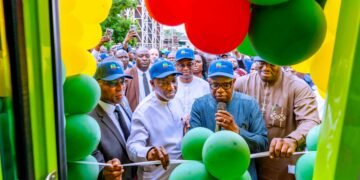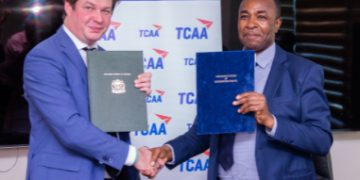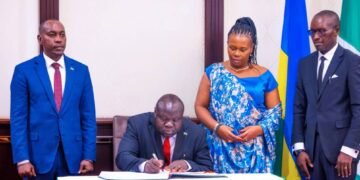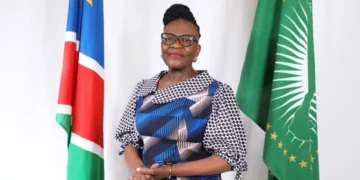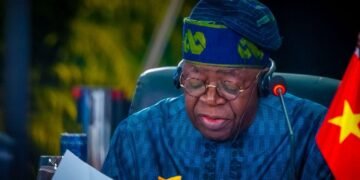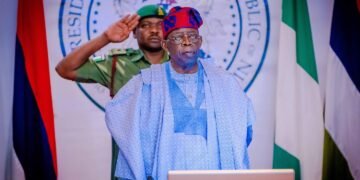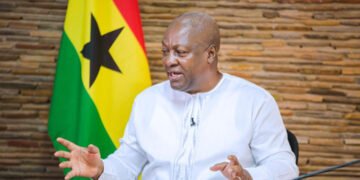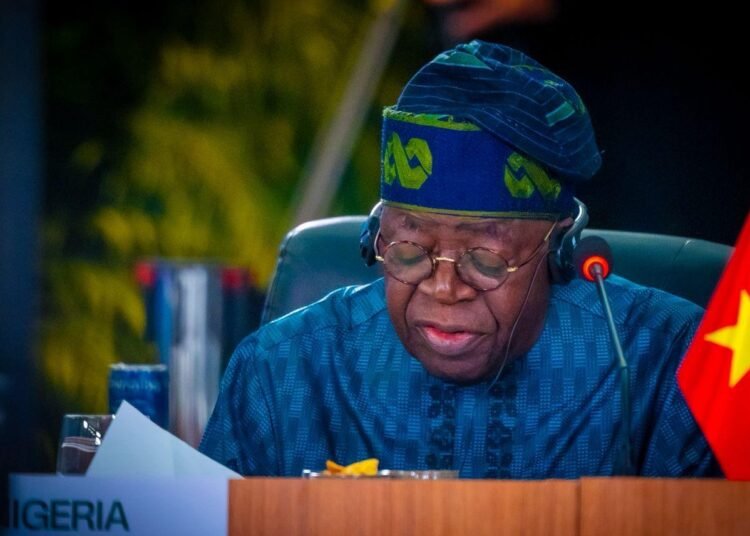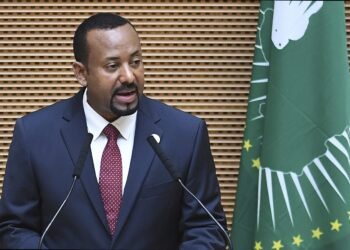Nigeria’s President, Bola Tinubu has urged a comprehensive reevaluation of global governance, financial, and healthcare systems to prioritize equity and inclusion for low-income and emerging economies, particularly in Africa.
Speaking at the 17th BRICS Summit in Rio de Janeiro, hosted by Brazilian President Luiz Inacio Lula Da Silva, Tinubu emphasized the need to address environmental degradation, climate crises, and healthcare inequalities that hinder global development.
As Nigeria’s first appearance as a BRICS partner country—joining Belarus, Bolivia, Cuba, Kazakhstan, Malaysia, Thailand, Uganda, and Uzbekistan since the partner category was established at the 16th Summit in Kazan, October 2024—Tinubu aligned Nigeria with BRICS’ vision for equitable global progress.
“Africa has contributed the least to global emissions but suffers the most,” he stated, advocating for a new path rooted in fairness, sustainable technology transfers, and accessible financing.
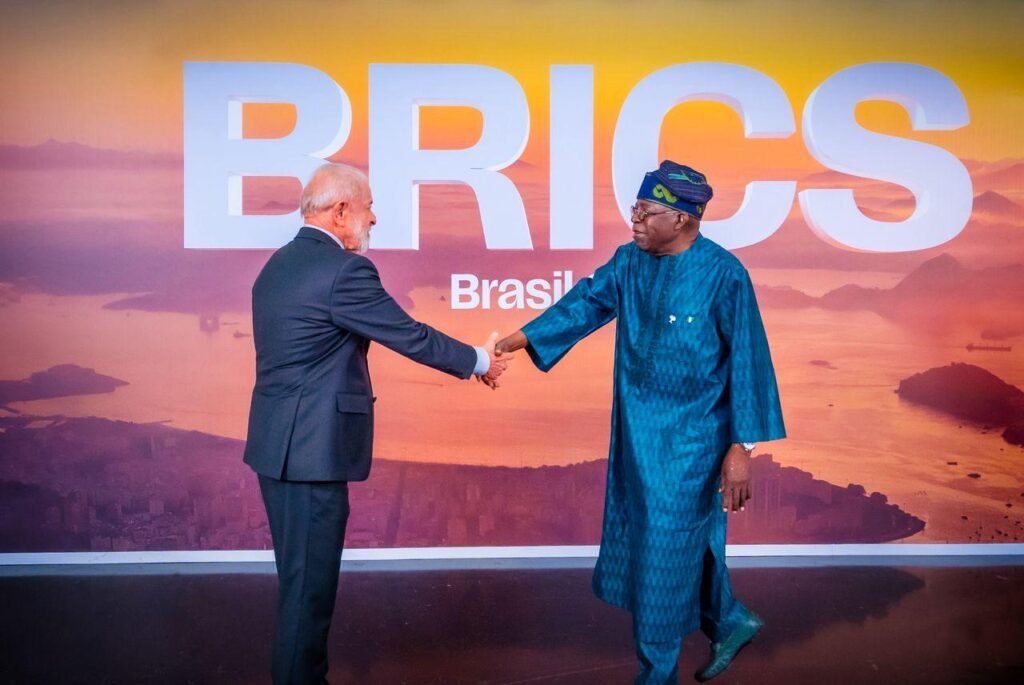
Tinubu highlighted Nigeria’s proactive steps, including the African Carbon Market Initiative and the Great Green Wall, as models for sustainable development. He stressed the importance of South-South cooperation and Nigeria’s active role in shaping global policies on financial restructuring, debt forgiveness, climate action, and healthcare. “We cannot be passive participants in global decision-making,” he said, noting that 70% of Nigeria’s population—its youth—demands a future tailored to their needs.
With the upcoming COP-30 in view, Tinubu called for BRICS to lead as a beacon for innovative solutions, promoting renewable energy, climate action, urban resilience, and universal health coverage. Accompanied by Foreign Affairs Minister Yusuf Tuggar and Finance Minister Wale Edun, Tinubu reaffirmed Nigeria’s commitment to sustainable and inclusive development, positioning the nation as a key player in the global South’s push for a fairer world.


